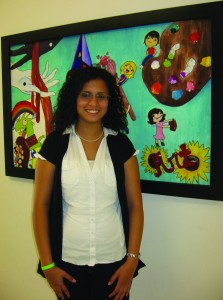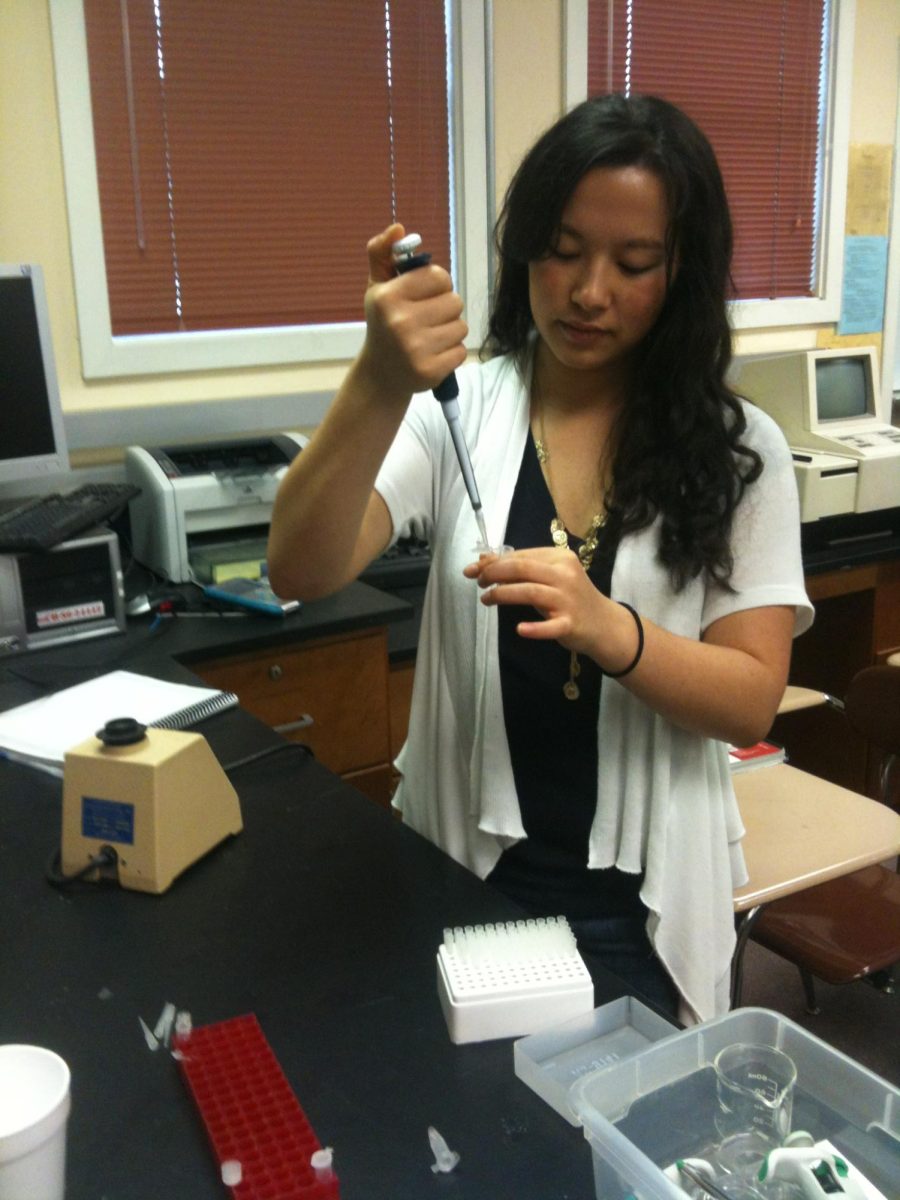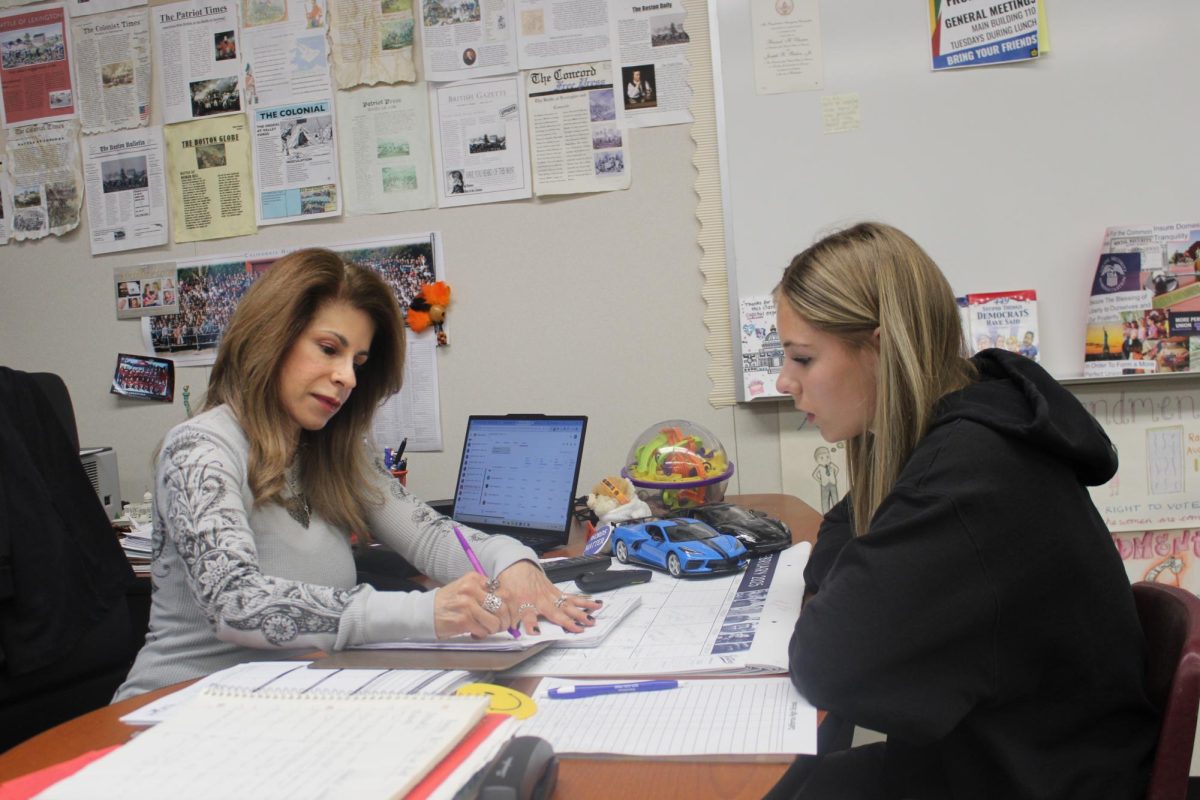Esther Lu
Features Editor
While Cal High students were eagerly anticipating dances and other social activities that come with high school, Egyptian teens were living in the midst of a political turmoil earlier this year.
Senior Marianne Ghopreal was one of those teens.
Marianne lived in Egypt for 17 years until her mom recently obtained a green card, allowing them to immigrate to the U.S. in February in search of better education and a brighter future.
“As a new immigrant it’s not easy to leave your friends, school, and family,” said Marianne. “I feel different, but it doesn’t mean in a bad sense.”
Since January, Egypt has been in the middle of a political revolution because of a large disparity of income and lack of jobs for non-Muslims.
“Living in Egypt has a special taste,” said Marianne. “The environment before the revolution, I felt that I was safe.”
But then Marianne recalls the day the revolts began. Youths of all religions, including Christians such as Marianne and her family, and Muslims were a part of this revolution.
After president Hosni Mubarak stepped down, the Salafists, an Islamic group based in Saudi Arabia funded by their country’s government, started to rise to power.
Their goal is to control Egypt and eventually convert all Egyptians to the Islamic religion.
This only increases discrimination against people of other religions including Christianity. In Egypt, 94 percent of the population is Muslim. But Christians make up the largest minority group there, according to religioustolerance.org.
Many Christians and believers of other faiths may be banned from applying for certain jobs merely because of their differences in faith.
Due to this, moving to America was one of Marianne’s family’s only choices.
Though the transition has been hard, Marianne’s classmates say she has been adjusting well.
Senior Shannon Villanueva, who is in Marianne’s math class, recalls seeing her as the quiet type, but was delighted when Marianne came to lunch with her and her friends.
Marianne started getting to know diverse people in the group and tried several American foods during lunch.
“Even for being new and being in a new culture, she’s really accepting and open to adapting,” said Shannon.
Now in America, Marianne can’t help but miss parts of her old life back in Egypt.
One of these things is her favorite class in her old school, “Cour de Vie,” which translated into English means Class of Life.
“In my school, there were sisters (nuns) who taught us to treat people in a good way, to be an honest person, that respects and loves all people and don’t make judgements,” said Marianne.
She still keeps these lessons close to heart, and her friends have noticed.
“She was there for me when my friends were fighting,” said senior Kelly Iaquinta.
Though she faced many struggles in Egypt, and continues to face many today, Marianne believes that God will not leave her for a single moment.
“Here (in America), I come to a strange place and I might be confronted with bad people, but I know that God is protecting me,” said Marianne.
As she is spiritually strong in her faith, her mom also adds that she sees Marianne as one who is sensitive as well as a person who gives rather than takes.
Her teachers see this in her as well.
“She was very soft spoken but at the same time very strong willed,” U.S. History teacher Scott Hodges said. “I knew her background of speaking three languages (Arabic, French and English), and that takes her strength of character to a whole new level.”
Though Marianne considers herself now to be American, she continues to maintain allegiance to Egypt.
“I lived for 17 years in Egypt. Being Egyptian was my past but it is also my future,” said Marianne. “But being American is my future too.”






